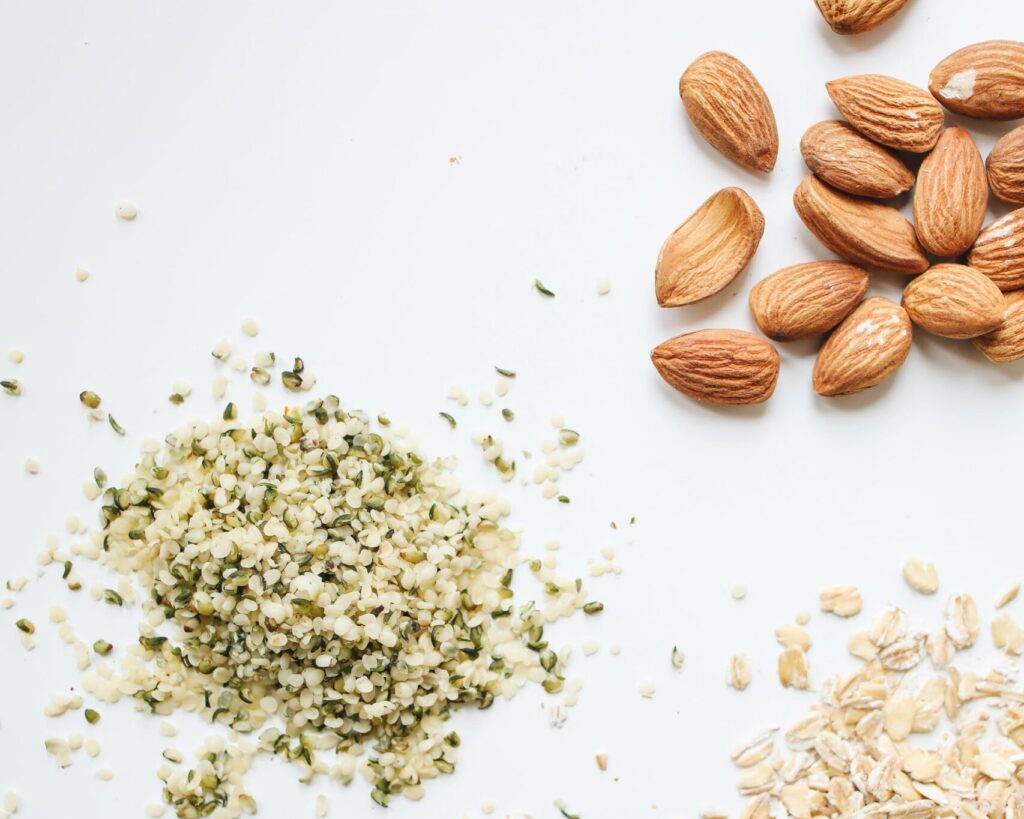Nourishing Your Life: Mastering Whole Foods for Health and Vitality
Nourishing Your Life: Mastering Whole Foods for Health and Vitality Introduction Embracing a diet centred on whole foods is more than a culinary choice; it’s a deliberate decision to foster a healthier lifestyle. Whole foods, in their unprocessed and unrefined state, offer a treasure trove of essential nutrients, promising not just a satisfying meal but a path towards optimal health. As we navigate the labyrinth of modern diets, the call to return to nature’s bounty becomes increasingly compelling. Whole foods, ranging from vibrant fruits and vegetables to wholesome grains and lean proteins, present an opportunity to redefine our relationship with what we consume. This shift isn’t merely about changing the contents of our plates but about sculpting a healthier, more nourishing lifestyle. Let’s explore how to seamlessly weave these nutrient-rich options into our daily meals and routines to fortify our bodies and uplift our well-being. Understanding Whole Foods Whole foods represent a natural, unprocessed, and unrefined category of food items that provide a wealth of essential nutrients without added artificial elements. These include an array of fruits, vegetables, whole grains, lean proteins, nuts, and seeds that retain their original, unaltered state from harvest to consumption. 1. The Significance of Unprocessed Nature Whole foods, by nature, preserve their original form, without extraction, refinement, or artificial alteration. For instance, a whole apple contains the fruit, skin, seeds, and all the fiber intact, offering a combination of nutrients that may not be replicated in processed apple products. 2. Nutritional Density and Diversity Whole foods are dense in nutrients, offering an abundance of vitamins, minerals, antioxidants, and fiber. Their unaltered state ensures the preservation of these essential nutrients, contributing to better health, improved digestion, and overall well-being. 3. Types of Whole Foods 4. Importance of Eating Whole Foods Understanding the nature and significance of whole foods paves the way for making informed dietary choices that promote better health, sustained energy levels, and a stronger overall well-being. Incorporating these unprocessed, nutrient-rich foods into daily meals contributes to a balanced, nourishing diet that enhances the quality of life. Practical Tips for Incorporating Whole Foods Incorporating whole foods into your diet doesn’t have to be an overwhelming or abrupt change. Here are practical and effective tips to seamlessly introduce and embrace a more whole-food-based diet: 1. Shop Smart and Plan Meals 2. Diversify Your Choices 3. Introducing Whole Foods Gradually 4. Meal Prep for Convenience Recipes and Meal Ideas By adopting these practical strategies, the process of integrating whole foods into your diet becomes more manageable and sustainable. These simple adjustments gradually transform your dietary habits, contributing to a healthier and more balanced lifestyle. Incorporating whole foods into your meals can be both delicious and diverse. Here are appetizing meal ideas and recipes to add a burst of whole-food nutrition to your daily routine: 1. Breakfast 2. Lunch 3. Dinner These meal ideas are not only delicious but also allow for versatility and adaptability. Incorporating these whole-food recipes into your meal planning can significantly enrich your diet with essential nutrients, contributing to a healthier and more balanced lifestyle. The Long-term Impact Transitioning to a diet primarily composed of whole foods isn’t just a short-term change; it’s a commitment that reaps long-term benefits for overall health and well-being. 1. Sustaining a Whole Foods Diet 2. Benefits of a Balanced Lifestyle 3. Promoting Weight Management 4. Mental and Emotional Well-being Adopting a whole foods-based diet not only shapes a better eating habit but significantly impacts the overall quality of life. It’s a step towards embracing a more balanced and nourishing lifestyle that brings about long-term health benefits. Conclusion The journey towards a whole foods diet isn’t just a dietary adjustment; it’s an affirmative step towards a healthier, more balanced life. Embracing whole foods is a celebration of nature’s offerings, and in this journey, we find not just sustenance but a gateway to vitality and well-being. With practical tips, delicious recipes, and an understanding of the long-term benefits, the integration of whole foods into our lives becomes not just an aspiration but an achievable and sustainable reality. Let us savour this journey towards a more nourished and harmonious lifestyle, relishing every wholesome bite for the betterment of our health and vitality. FAQs


